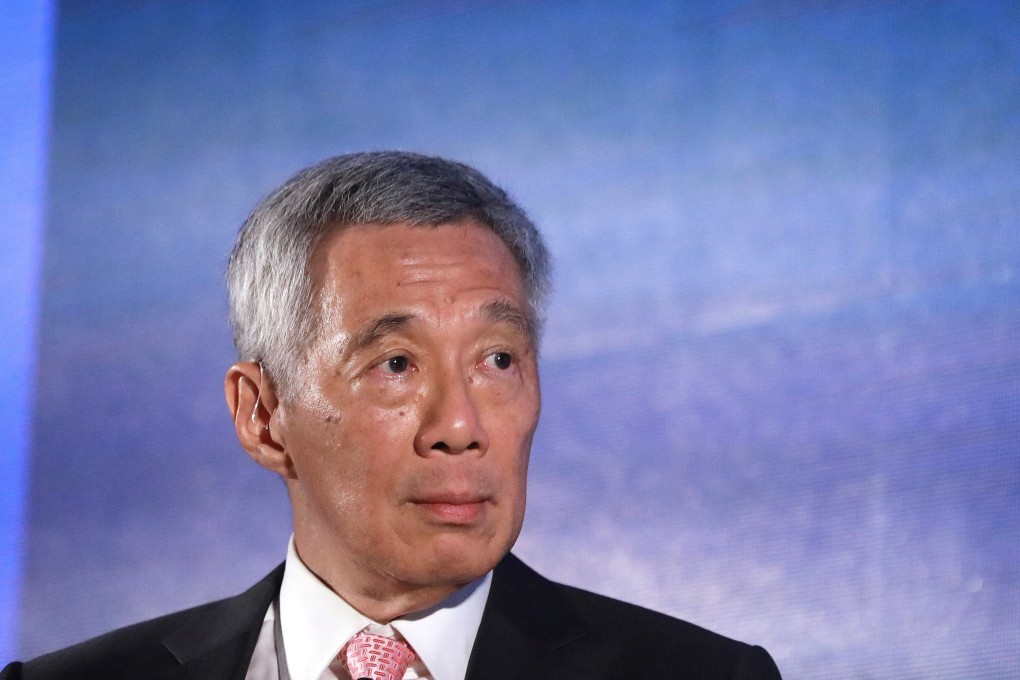Singapore heads for July 10 general election as PAP seeks mandate amidst pandemic
- There will be a nine-day campaigning period with no mass rallies although candidates will have unprecedented access to broadcast media
- All eyes will be on whether the ruling party can repeat or trump its 69.9 per cent score from 2015, the year when founding father Lee Kuan Yew died

“This general election will be like no other that we have experienced. Not just because of the special arrangements to deal with Covid-19, but because of the situation and the issues at stake,” Lee said in the speech.
Tan Meng Dui, the top civil servant who will serve as Returning Officer, announced that the vote will be held on July 10, after the minimum nine-day official campaigning period and a “Cooling Off Day” on the eve of the election.
Candidates must submit their nominations on June 30, the first day of official campaigning.

01:15
Singapore to hold general elections on July 10, says PM after Covid-19 lockdown lifts
While Lee has until April next year to call the election, he said he decided to go ahead now as there was no certainty the pandemic would be over by then. He cited the examples of South Korea, Taiwan and several European countries that had gone ahead with planned elections despite the current global public health crisis.